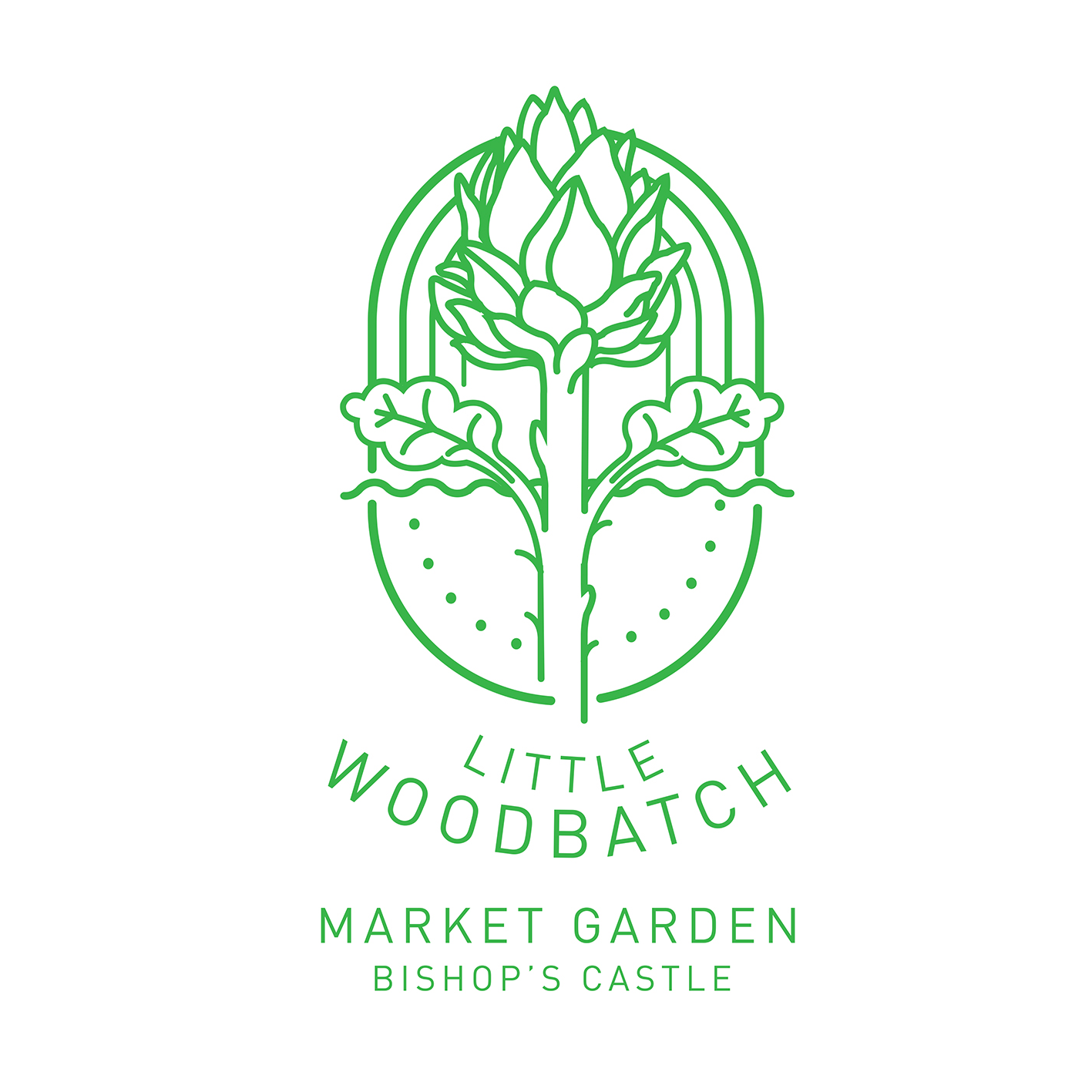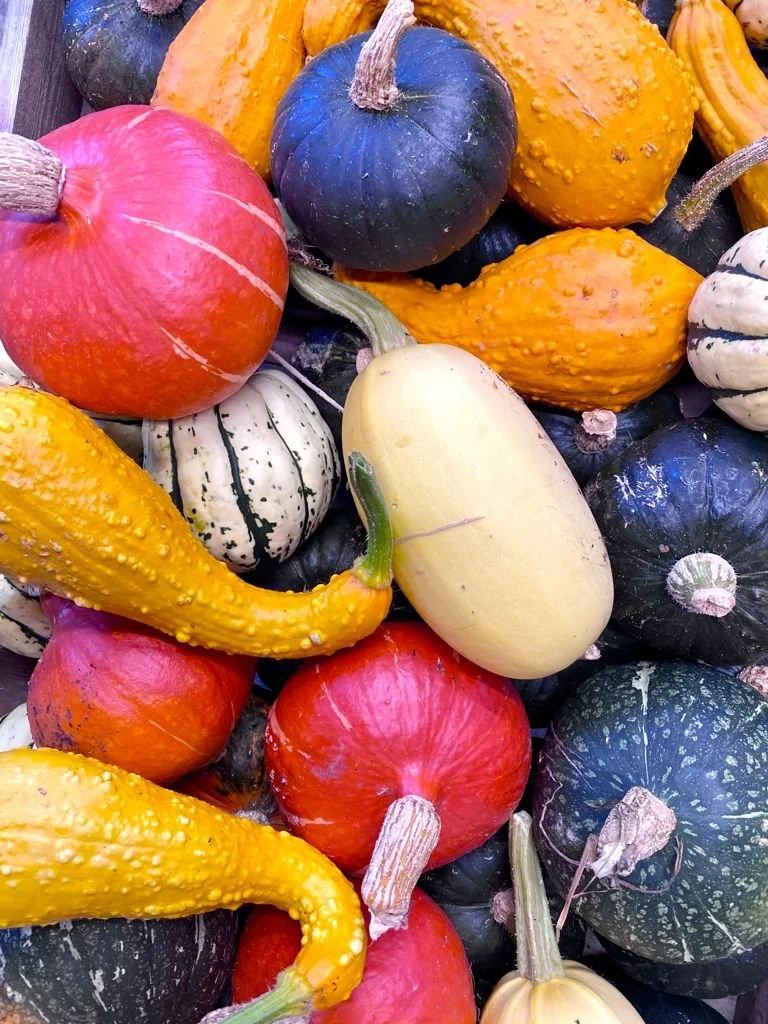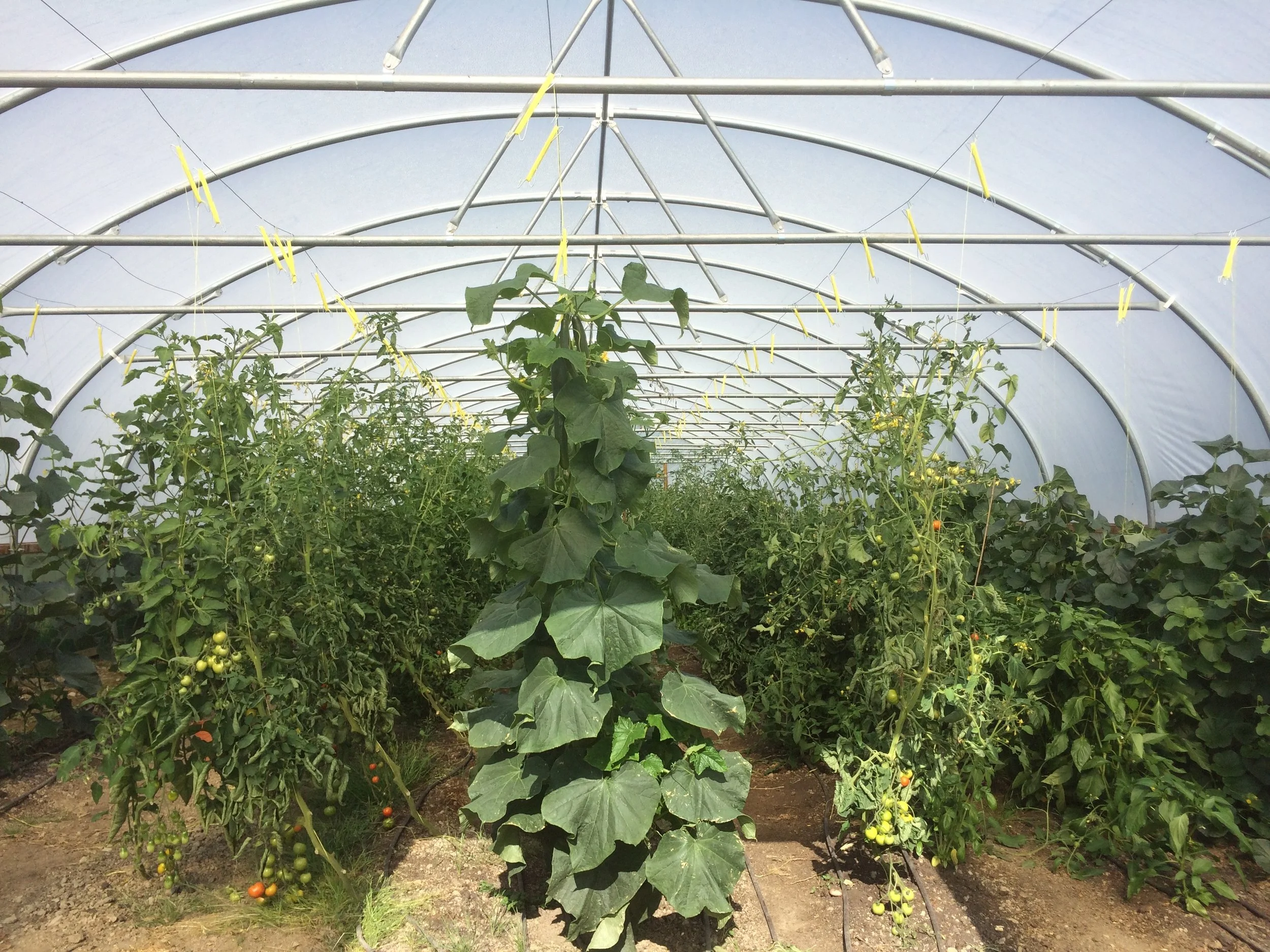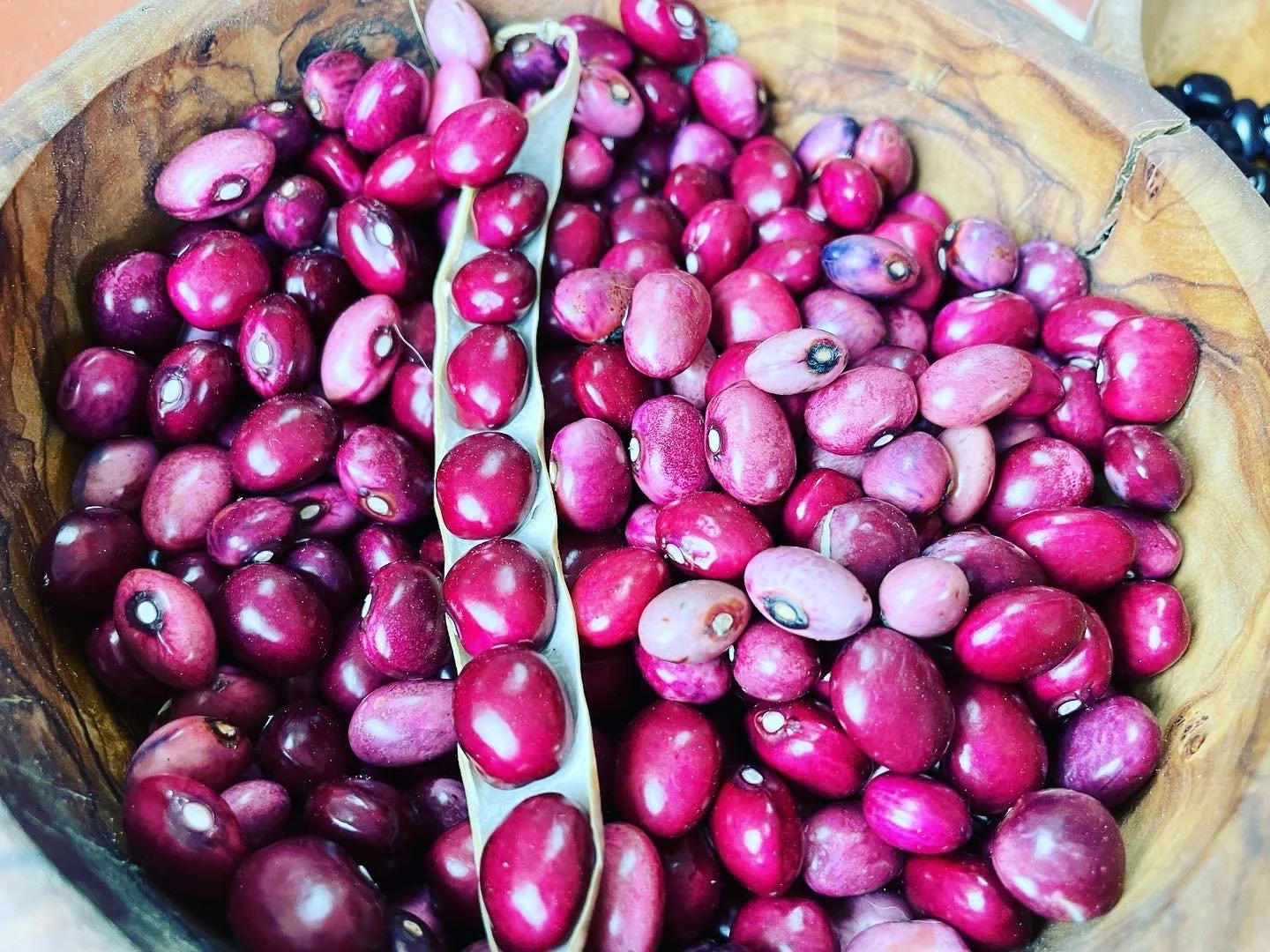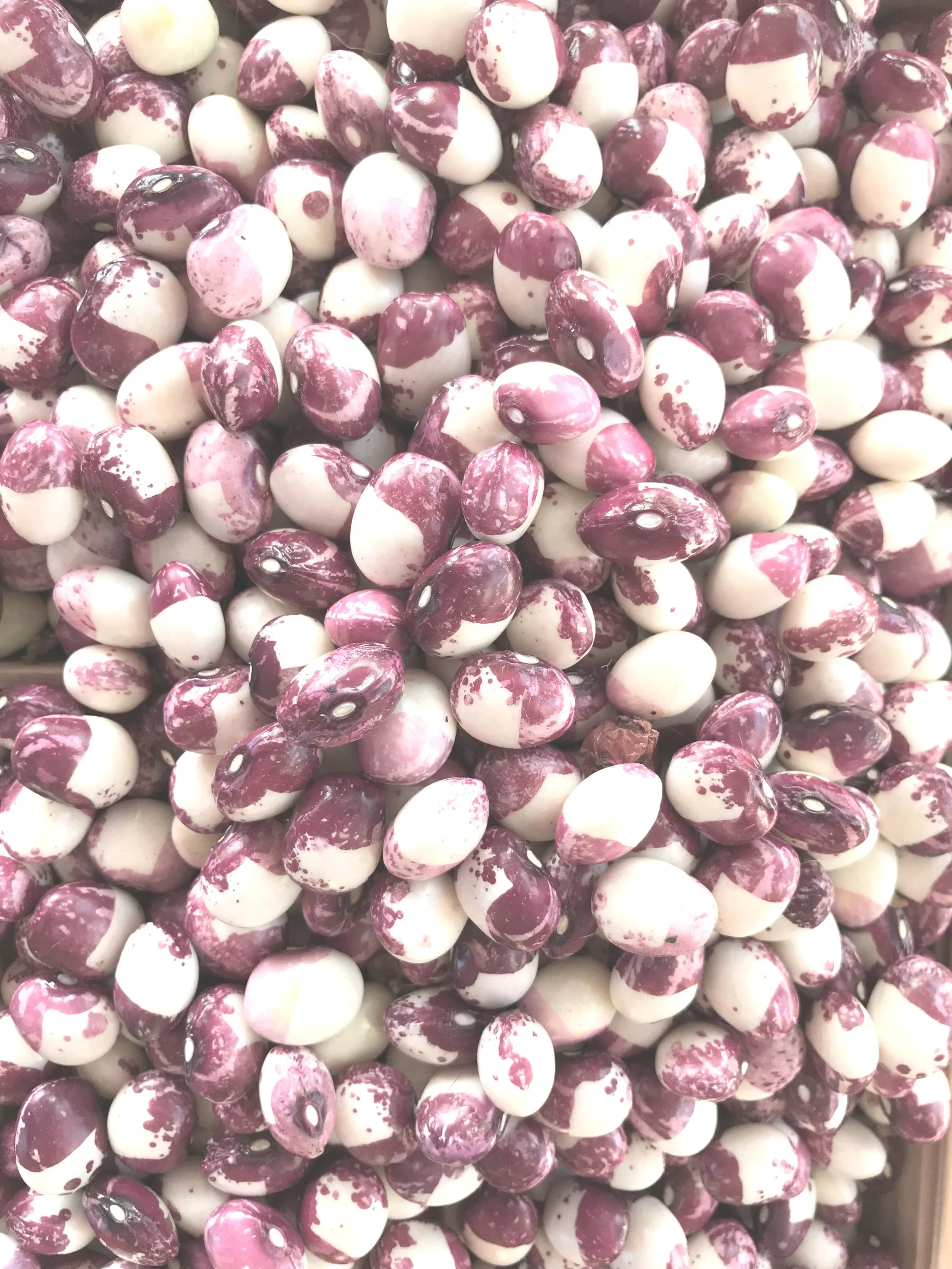
The Farm
Little Woodbatch
Little Woodbatch is a regenerative farming project focused on:
Building community level resilience using food as a lever for systems change, with seed as a foundation for all food security
Reconnecting to the land, nature and the non-human world
Cultivating the skills that we need to face the future, as individuals and as a community
Developing a shared sense of purpose and responsibility for others and the planet
Unlearning extractive and consumptive habits and mindsets: ‘Simplicity as a means of resistance’.
It is led by Daphne, in collaboration with skilled community facilitators and specialist trainers.
What do we do at Little Woodbatch…
Diversity in Food Systems
The farm brings together a variety of spaces and activities to support nature, produce food, inspire and educate, develop skills and find purpose through connection. Diversity and diversification of systems is our path to resilience.
Little Woodbatch includes:
a Market Garden space, complete with polytunnels for growing annuals and perennials, propagation (we are seeking a grower to take on this space).
Seed saving, with isolation tunnels and infrastructure for seed growing, processing and storing the Bishop’s Castle Community Seed Bank
Forest Gardens & Community Orchard: with 3+ acres dedicated to over 400 fruit and nut trees and other soft fruits
Herbs, medicinal and dye plants
Edible hedges & coppices for cobnuts, wild plums, willow, hazel and food for birds and wildlife
Ponds for wildlife
Meadow spaces and wild edges for pollinators, and habitat and food source for wild things
Bees: We host several bee hives which ‘rent’ space and are managed by a local beekeeper as a part of his honey and queen-rearing business (see below for our invitation to collaborate)
Skills Development:
LWB is a space for collaboration to build skills for self-sufficiency, land stewardship, eco-literacy and connection - so that we can take an active role in building a more resilient world. Join us to learn and bring your skills to share.
Seed saving
Horticulture: fruit, veg, soft fruits, herbs
Orchard care and management, inc. grafting, pruning, identification
Foraging & plant identification
Hedge laying
Scything
Food storage, preparation & preservation
Soil, land and water systems
Small-flock poultry care
Climate resilience & systems thinking
Food systems & short supply chains
An Invitation to create opportunities
Our goal is to collaborate with our community so that we can learn and build resilience together. We invite ideas from people who would like to develop initiatives or enterprises that can benefit the local area.
Origins
Our work at home on the farm has been influenced by Daphne’s PhD research on local food systems and policy. More about her work as a researcher and consultant.
Little Woodbatch links with other scales of work taking place through local community projects, the Shropshire Good Food Partnership, The Marches Food Network and other projects and programmes.
